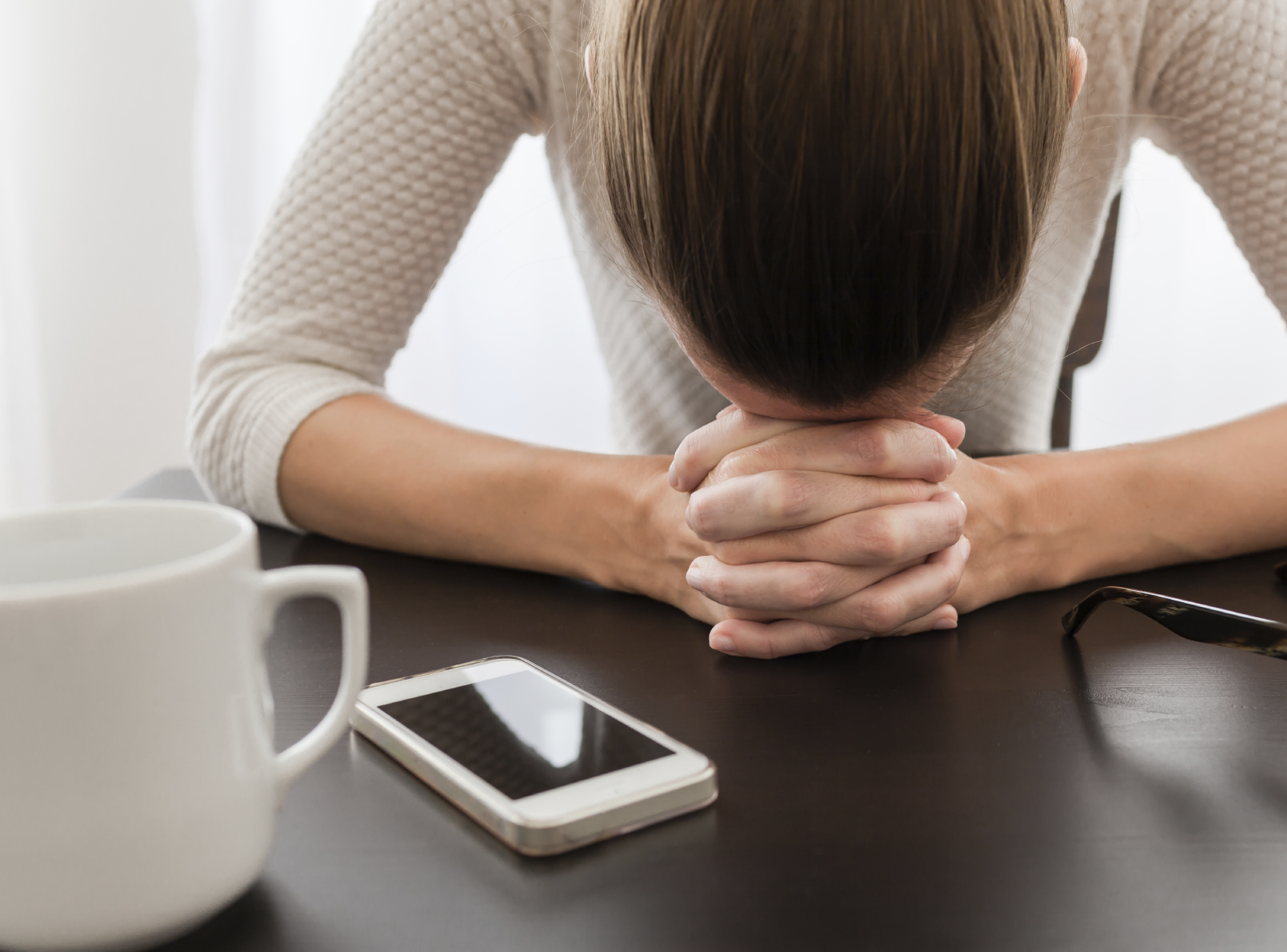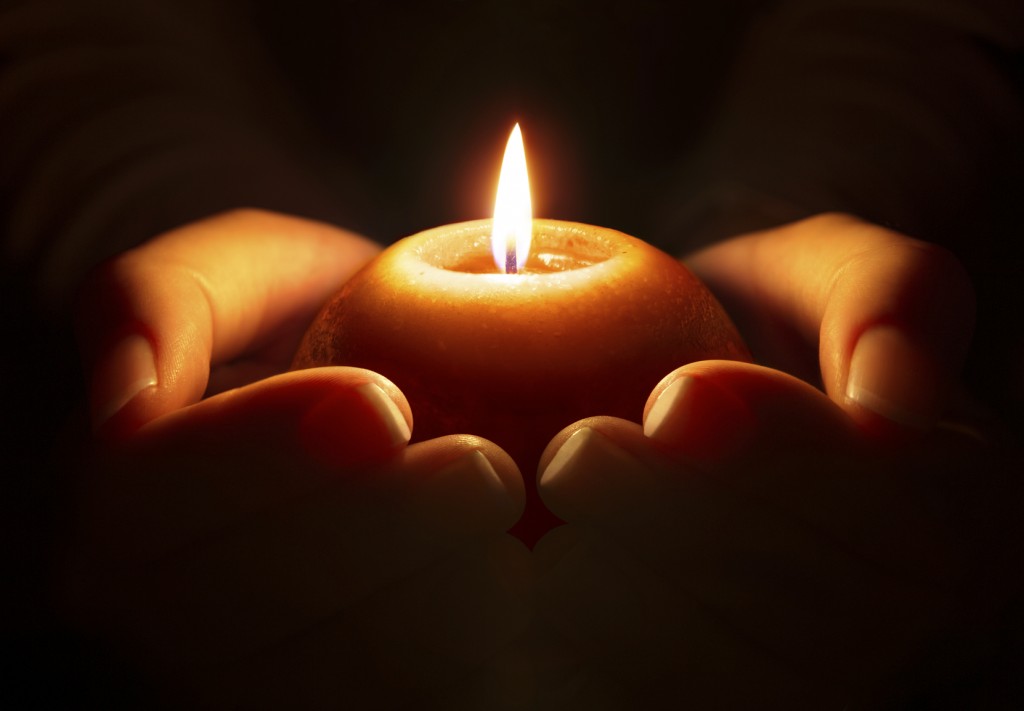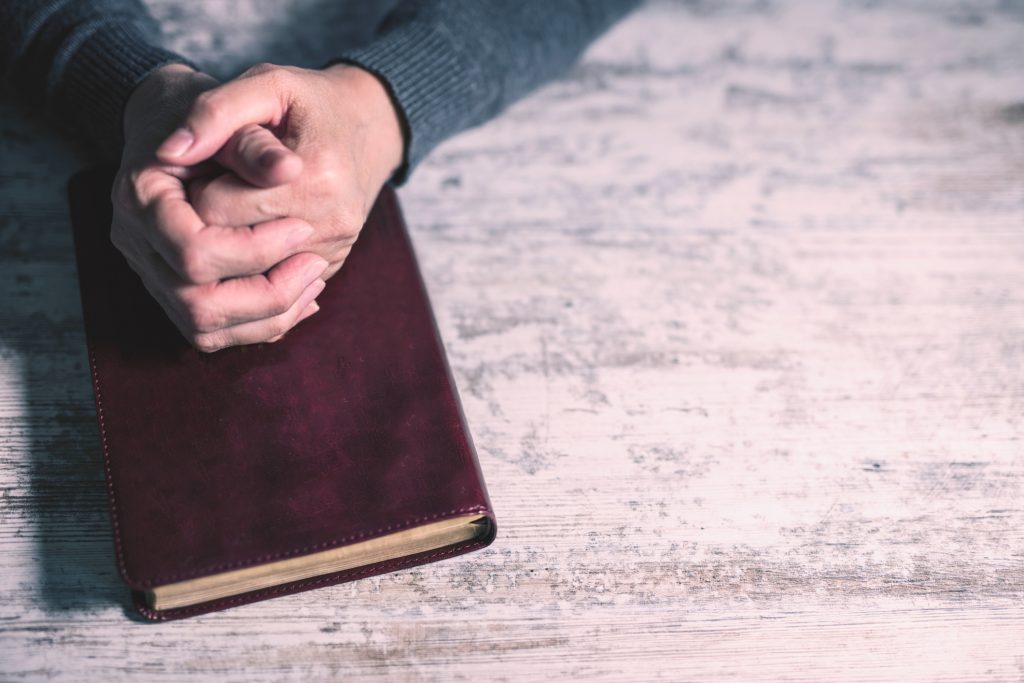‘Is it my fault?’
That is the main question that domestic violence victims ask themselves.
Justin Holcomb and Lindsey Holcomb have counseled victims of sexual assault for many years and offer hope through their books including Is It My Fault?, Rid of My Disgrace and God Made All of Me.
“Many people suffering domestic abuse think that God is getting them back because they had an abortion, because they were there were horrible daughter, because they’re not good parents, etc. Many of them think that God is doing some type of karma with them and getting them back.”
Justin desperately wants victims to understand this truth: It’s not your fault.
He shares helpful ways that we all can take a stand against domestic violence by verbally showing our support to victims.
“They need to hear a clear explanation: It’s not your fault if you are the recipient of someone else’s sin and harm. God sees and He cares and knows and He has compassion for you, and maybe this community can support you and be here for you.”
Lindsey offers a tangible way we can all take a stand against domestic violence in our local communities:
“One way that an individual can stand up against domestic violence is to contact your local domestic violence shelter, they are there in your community and they are everywhere. They are wonderful resources and do amazing things and they need help, they need volunteers. An individual can go through the volunteer training and find out where they are best gifted to serve; whether it’s behind the scenes or in the shelter having direct contact with victims and their children.”
There are many benefits of serving in your community, especially for the victims and shelter volunteers.
“Then when those volunteers are not in the shelter and they’re just interacting with their friends, if something comes up where they see some red flags, they can point out things and express to their family member or friend if that person’s in a domestic violence relationship by saying something like, ‘This isn’t good the way that he or she is interacting with you, this is violent, this is abuse.’”
We learn that most domestic violence victims don’t even know that they are in an abusive relationship.
“Very often victims feel like, ‘This is just how it is, this is just relationships,’ and they don’t know that this is domestic violence or that there is a way out.”
Your level of involvement and compassion will change your life and the lives of victims suffering from domestic violence.
“Having individuals get involved with shelters bridges that gap of bringing people in and serving, but also are getting educated in general…this is prevalent public health epidemic. It’s happening in every socioeconomic community level no matter your race, or your religion, your background, or your ethnicity. You’re going to come in contact with someone as long as you’re talking to people who is in some sort of an abusive relationship. Having education and having compassion would be so helpful and getting them options and walking through the process with them.”




















